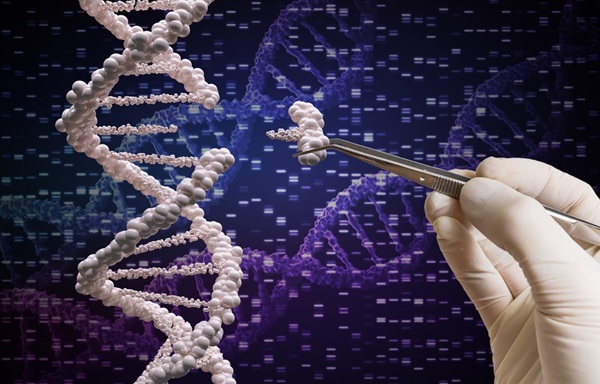Strain Differences Separate Helpful and Harmful Elements of the Human Microbiome
By LabMedica International staff writers
Posted on 13 Mar 2013
A recent microbiome study demonstrated the importance of evaluating bacteria at the strain rather than the genus or species level in order to understand their contribution to human health or disease.Posted on 13 Mar 2013
Investigators at the University of California, Los Angeles (USA) and collaborators at Washington University (St. Louis, MO, USA) and the Los Angeles Biomedical Research Institute (CA, USA) selected the skin disorder acne as a model to explore the relationship between the causative organism Propionibacterium acnes and the human immune system, which generates the inflammatory response that causes the characteristic pimples, redness, and blotchy skin.
The investigators compared the skin microbiome at the strain level and genome level of P. acnes between 49 acne patients and 52 healthy individuals by sampling the sebaceous units on their noses. More than 1,000 strains of the bacteria were cultured from the isolates, and the genomes of 66 of the P. acnes strains were sequenced.
Metagenomic analysis published in the February 28, 2013, online edition of the Journal of Investigative Dermatology demonstrated that although the relative abundances of P. acnes were similar, the strain population structures were significantly different in the two cohorts. Certain strains were highly associated with acne, and other strains were enriched in healthy skin.
By sequencing 66 previously unreported P. acnes strains and comparing 71 P. acnes genomes, the investigators identified potential genetic determinants of various P. acnes strains in association with acne or health. The analysis suggested that acquired DNA sequences and bacterial immune elements may have roles in determining virulence properties of P. acnes strains, and some could be future targets for therapeutic interventions. Furthermore, the results underscored the importance of strain-level analysis of the human microbiome to define the role of the microbial flora in health and disease.
"We learned that not all acne bacteria trigger pimples—one strain may actually help keep skin healthy," said senior author Dr. Huiying Li, assistant professor of molecular and medical pharmacology at the University of California, Los Angeles. "We hope to apply our findings to develop new strategies that stop blemishes before they start, and enable dermatologists to customize treatment to each patient's unique cocktail of skin bacteria."
"We were extremely excited to uncover a third strain of P. acnes that is common in healthy skin yet rarely found when acne is present," said Dr. Li. "We suspect that this strain contains a natural defense mechanism that enables it to recognize attackers and destroy them before they infect the bacterial cell. This P. acnes strain may protect the skin, much like yogurt's live bacteria help defend the gut from harmful bugs. Our next step will be to investigate whether a probiotic cream can block bad bacteria from invading the skin and prevent pimples before they start."
Related Links:
University of California, Los Angeles
Washington University
Los Angeles Biomedical Research Institute














